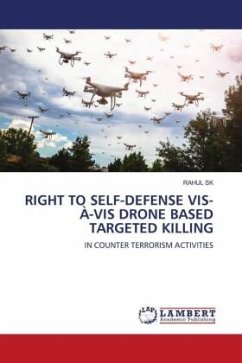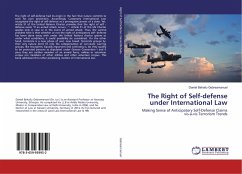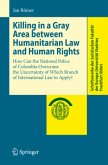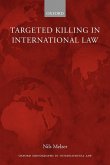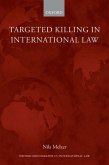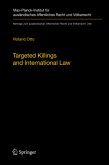During the last two decades, the world has witnessed the maximum number of drone strikes cum targeted killing by the US, UK, and Israel against terrorist groups. The reason for the strike is varying from time to time. Sometimes it is an invasion, sometimes it is in response to terrorism activities i.e. counter-terrorism. The present study aimed to ascertain the basis behind the drone-based targeted killing in terms of self-defense in counter-terrorism activities Further, it analyzed the norms of international law and international humanitarian law about drone-based targeted killing. The study also examined the approach of international tribunals regarding a drone strike. The study found that drone-based targeted killing is legal if it is done for self-defense considering human rights law and the basic principles of International Humanitarian law specifically the principle of distinction and principle of proportionality. The study suggests that there should be a clear law on drone-based targeted killing and about the principle of distinction, drone technology should be improved so that it would be able to make a distinction between civilian & militant.
Bitte wählen Sie Ihr Anliegen aus.
Rechnungen
Retourenschein anfordern
Bestellstatus
Storno

